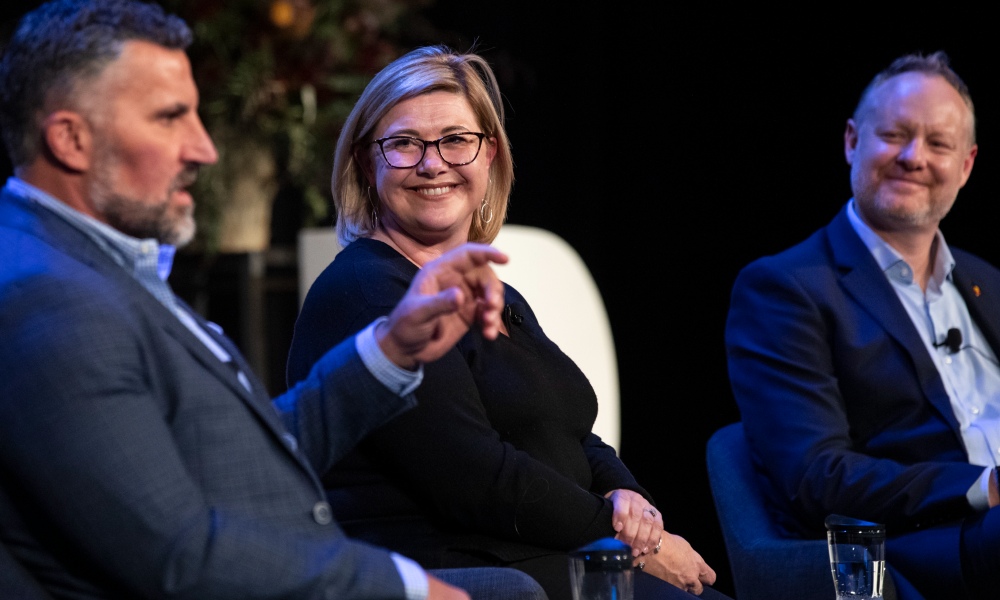Life Without Barriers commits the organisation to progressively transfer children to Aboriginal Community Controlled services.
When the Uluru Statement from the Heart was offered to the Australian people as a modest and generous offer for improving the rights and wellbeing of First Nations people, there should have been no surprise that contained within it was a heartbreaking plea for Aboriginal and Torres Strait Islander children.
“Our children are aliened from their families at unprecedented rates. This cannot be because we have no love for them. And our youth languish in detention in obscene numbers. They should be our hope for the future.
“These dimensions of our crisis tell plainly the structural nature of our problem. This is the torment of our powerlessness.”
Nowhere has this torment of powerlessness been more damaging than in the circumstances of families from whom children have been taken away.
The 2020 National Agreement on Closing the Gap specifically committed to reducing Aboriginal and Torres Strait Islander children’s over-representation in out-of-home care by 45% by the year 2031. Despite the much-heralded agreement committing Governments to make decisions in genuine partnership with Aboriginal and Torres Strait Islander peoples and organisations this target is not on track.
Two years after the partnership agreement was signed Aboriginal and Torres Strait Islander children are being removed at higher rates than ever before.
The Family Matters campaign is an alliance of First Nations child protection organisations and universities which aims to ensure Aboriginal and Torres Strait Islander children and young people grow up safe and cared for in family, community and culture.
In 2022 Family Matters reported that there were 22,243 Aboriginal and Torres Strait Islander children in out-of-home care: one in every 15.2 – making First Nations children 10.4 times more likely to be in out-of-home care than non- Indigenous children (up from 10 times more likely in 2019-20).
Statistics on adoptions, children being fostered in non-First Nations families and the percentage of children that never return to their families show a system in crisis with Aboriginal and Torres Strait Islander voices remaining largely unheard.
But now, in a ground-breaking development in the First Nations’ child protection sector, one of Australia’s largest providers of out-of-home care has committed in its Elevate Reconciliation Action Plan (RAP) to step away from the provision of care to Aboriginal and Torres Strait Islander children and advocate for the support and investment of resources into Community Controlled organisations.

CEO of Life Without Barriers Claire Robbs (middle) listens to Jason Misfud (left), Head of First Nations Affairs & Enterprise at Wesfarmers, with James Taylor (right) Managing Director of SBS, at a panel at the 2022 RAP Conference called ‘Transforming our Futures’. Photo: Joseph Mayers
The Life Without Barriers RAP commits the organisation to progressively transfer children to Aboriginal Community Controlled services, placing decision-making about Aboriginal and Torres Strait Islander children where it belongs – with family and communities.
Reconciliation CEO Karen Mundine said the Elevate RAP was a game-changer for the wellbeing of First Nations children and families and provided a real practical example of why the RAP program is so important.
“This RAP includes substantive action that will have a profound impact on the lives of many Aboriginal and Torres Strait Islander people, families and communities for years to come,” said Karen Mundine.
The above is an excerpt from Reconciliation News – May 2023.
Read the full article online in the latest edition of Reconciliation News.
This edition of Reconciliation News is all about the importance of Aboriginal and Torres Strait Islander voice. Download the PDF or read the full edition online.
Read the Life Without Barriers Elevate RAP.



